Raúl E. Peyret shared their story and experiences with us recently and you can find our conversation below.
Raúl E., we’re thrilled to have you with us today. Before we jump into your intro and the heart of the interview, let’s start with a bit of an ice breaker: What are you being called to do now, that you may have been afraid of before?
What I’m being called to do now is share my truth. For a long time, like many of us, I spent so much energy trying to fit in—complying with expectations, shaping myself to belong, to be accepted, to be loved. But eventually, you realize that none of that really matters. What matters is being yourself. And sometimes that doesn’t fit neatly with everyone else’s idea of who you should be. You may lose some people along the way, but you also open the door to the right connections—the people who resonate with your authentic self.
For me, that call to authenticity comes through storytelling. I feel compelled not only to tell stories through my own lens as a director and actor, but also to help others bring their stories to life as a producer. Each role gives me a different way of honoring truth—sometimes it’s stepping into a character and giving voice to someone else’s journey, other times it’s guiding a project from behind the camera, or shaping a vision that allows another person’s perspective to shine.
I’m no doing this for recognition, followers, or praise. I’m doing it in the hope that these stories—whether mine or those I help tell—will reach the people who need them. That something in the work will make someone feel seen, understood, or inspired to move forward.
Not too long ago, I was focused on fitting into molds, playing roles that were defined by others. Now, I see storytelling as a way of breaking free from that, of creating work that’s honest and deeply human. It’s not always easy to step into that space of truth—it’s vulnerable, even frightening—but it’s also liberating. And I believe that’s exactly what I’m being called to do.
Can you briefly introduce yourself and share what makes you or your brand unique?
I’m Raúl Peyret, and I’d call myself a storyteller who happens to work in film. I direct, act, and produce—whatever the story needs from me. Through my company, Accerts Productions, I focus on making films that don’t just entertain but explore what it really means to be human.
As an actor, I recently worked on Luc Besson’s June and John, which gave me the chance to be part of an international production at a high level. As a director, my first feature Home(sick) – A Journey Within is premiering at TINFF after earning nominations on the festival circuit. And as a producer, I’m building a slate that includes the action-comedy Girl-Up Amigo, the psychological drama Wake, the thriller-adventure The Last Chance, the high-fantasy adventure The 12 Realms, Jugados, and the documentary The Land Without Shadows, a collaboration with the Waorani people in Ecuador.
What ties all of this together is perspective. I’ve worked in tech, business, and now film, and that outsider’s lens keeps me from chasing trends or fitting into neat categories. I’m drawn to stories about people searching for where they belong—immigrants navigating new cultures, families reckoning with generational trauma, or anyone who’s ever felt like an outsider.
At Accerts, we’re not afraid of uncomfortable truths. We make films that start conversations people might otherwise avoid. Because film should be more than beautiful images on a screen—it’s a mirror to who we are and who we’re becoming.
Appreciate your sharing that. Let’s talk about your life, growing up and some of topics and learnings around that. What part of you has served its purpose and must now be released?
For a long time, I moved through life with a very structured, almost stoic mindset: make a plan, execute, check the boxes. It helped me finish projects, but it also kept me from really listening. I first began to unlearn that during stage training. In live theatre, you realize quickly that you cannot control everything — if you try, the audience feels the control. Rigidity in artistic pursuits leads to breakage. What makes theatre — and film — beautiful is the plasticity of the art, the space for discovery, the happy accidents that reveal truth. With Home(sick) – A Journey Within, I had to relearn that lesson: let go of control and allow the story to breathe, to feel where it wanted to go. That shift — from being task-driven to being receptive — has changed everything for me, both as a director and as an actor. The importance of being present is fundamental. It’s not about holding tighter, but about trusting the work, the moment, and the people around you.
Was there ever a time you almost gave up?
Many times. Making Home(sick) felt like pushing a boulder uphill with no guarantee it would ever reach the top. We had an extremely tight deadline — coordinating flights for cast to Argentina, hiring our Argentinean unit (I’ll always be grateful for meeting Pablo Goldberg and the Sun Factory team), and pulling together a full crew on the ground. Before the cast even arrived, I spent long hours scouting and documenting locations, trying to line everything up. Then, after 24 hours of travel, we landed and had our first call on set at 8 a.m. the very next morning.
The pressure didn’t end there. Producing, post-producing, and carrying the project forward demanded everything I had. There were moments when the financial weight, the logistics, and the exhaustion nearly made me question whether it was possible. But what always pulled me back was the importance of telling this story — about identity, belonging, and what it means to feel like a stranger in your own skin.
And I couldn’t have done it alone. I’m profoundly grateful to the team in Argentina and in Washington, so many talented people who dedicated their artistry and trusted in our vision. Their commitment is what carried Home(sick) through. To now see the film recognized with nominations and premiering at TINFF is proof that resilience — and collective trust — makes the impossible possible
So a lot of these questions go deep, but if you are open to it, we’ve got a few more questions that we’d love to get your take on. What’s a belief or project you’re committed to, no matter how long it takes?
I make films that cross borders — geographically, culturally, and emotionally. My work explores what connects us as humans, especially in those moments when we feel worlds apart.
My first feature, Home(sick) – A Journey Within, began this exploration through the lens of belonging and displacement. It laid the foundation for everything I’ve built since: a commitment to stories that honor complexity rather than simplify it.
That philosophy drives my current slate — Wake, Girl-Up Amigo, The Last Chance, The 12 Realms, Jugados, and the documentary The Land Without Shadows, created in collaboration with the Waorani people of Ecuador. While these projects vary in genre and scale, they share a common thread: they resist offering easy answers to difficult questions.
I’m drawn to the spaces between certainty and doubt, where identity shifts and belonging feels both urgent and elusive. Cinema, at its best, doesn’t resolve those tensions — it illuminates them. My films invite audiences to sit with these questions, to find recognition in the struggle itself.
This isn’t about chasing what’s marketable or delivering surface-level comfort. It’s about creating work that trusts viewers to engage with complexity — work that honors the messy reality of what it means to be human in an imperfect world.
Before we go, we’d love to hear your thoughts on some longer-run, legacy type questions. What is the story you hope people tell about you when you’re gone?
I hope they say I helped people recognize themselves on screen — that in whatever capacity I worked, I brought truth to stories that mattered.
I’m not chasing monuments or industry recognition. What I want is simpler, but perhaps harder to achieve: for someone to leave a theater feeling less alone in their experience. For a viewer to think, “I’ve never seen that part of myself reflected before, but there it is.”
The stories that have shaped me most weren’t the ones with perfect endings — they were the ones that made room for contradiction, for the messy reality of being human. If the work I leave behind does that for others, if it helps people carry their questions with a little more grace, then I’ll have spent my time well.
Cinema at its best doesn’t solve life’s contradictions — it makes them bearable. That’s the legacy I’m after.
Contact Info:
- Website: https://www.accerts.com
- Instagram: https://www.instagram.com/raulpeyret/
- Linkedin: https://www.linkedin.com/in/redgo
- Twitter: https://www.x.com/raulpeyret
- Facebook: https://www.facebook.com/raul.e.peyret
- Other: RaulPeyret.com
HomeSickTheMovie.com
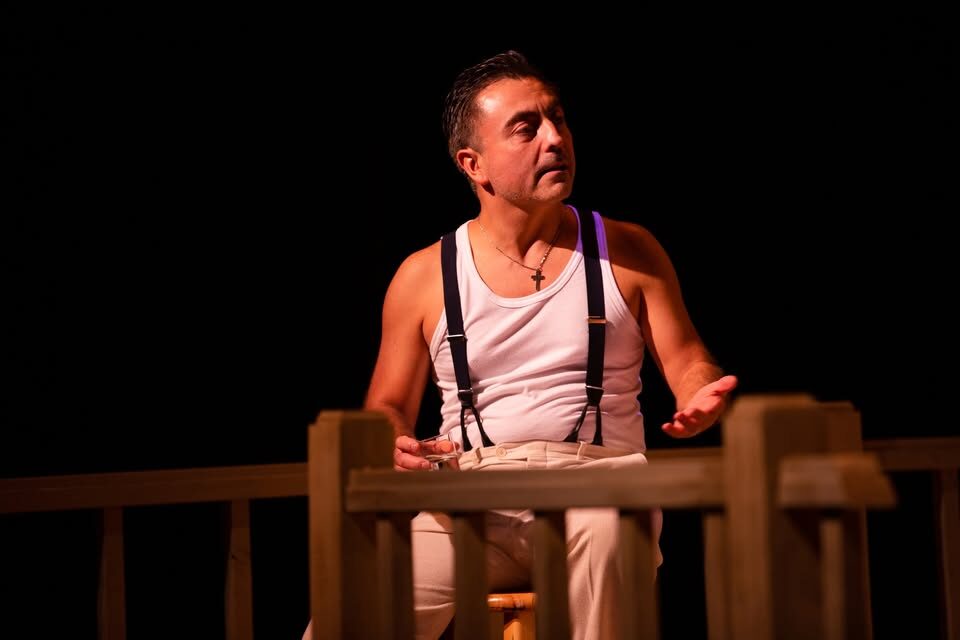
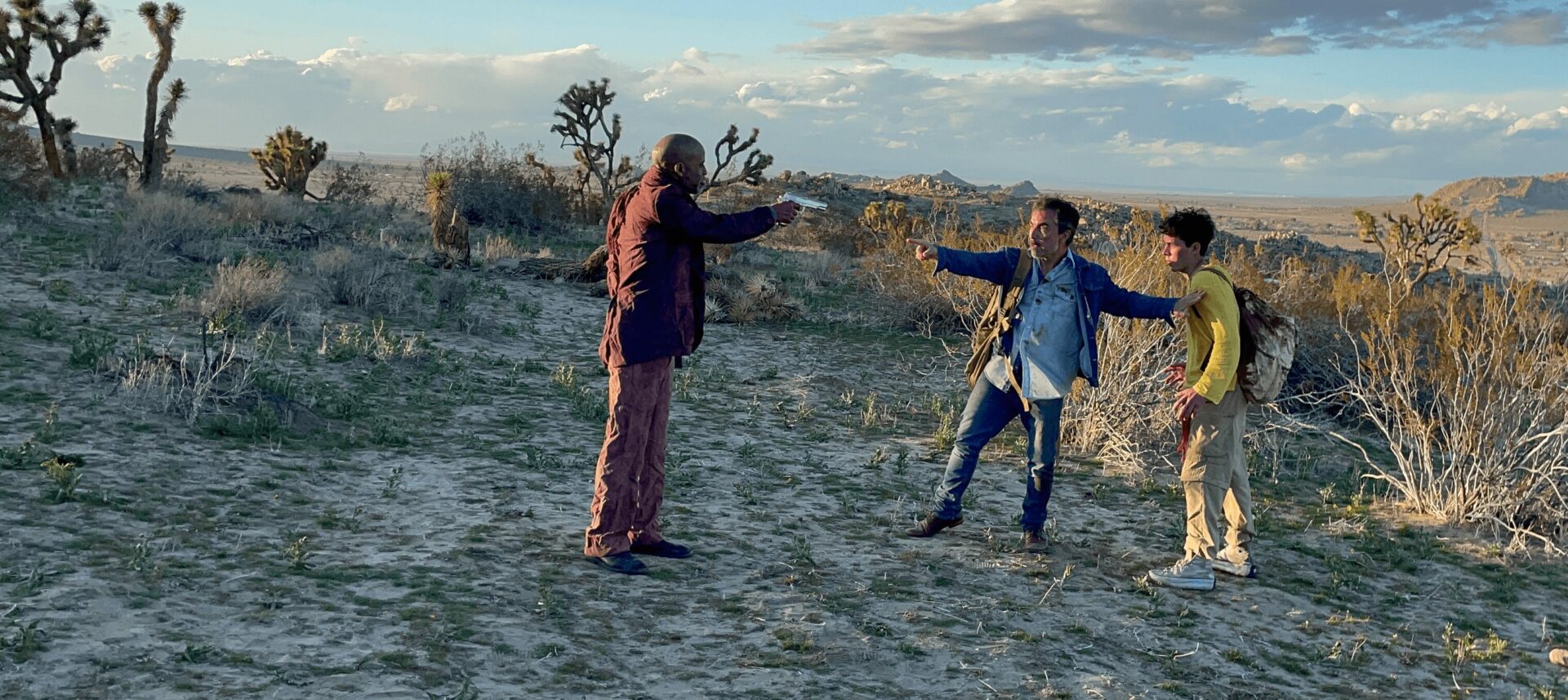
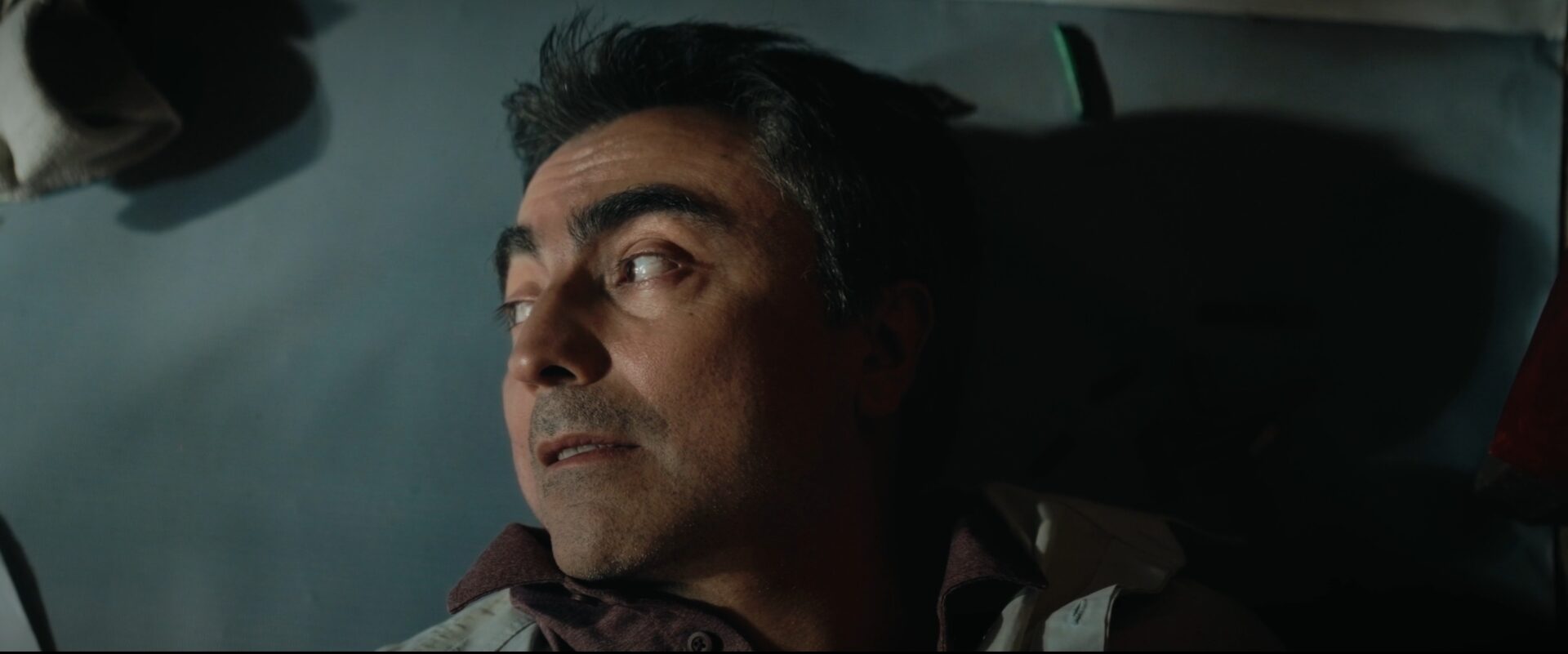
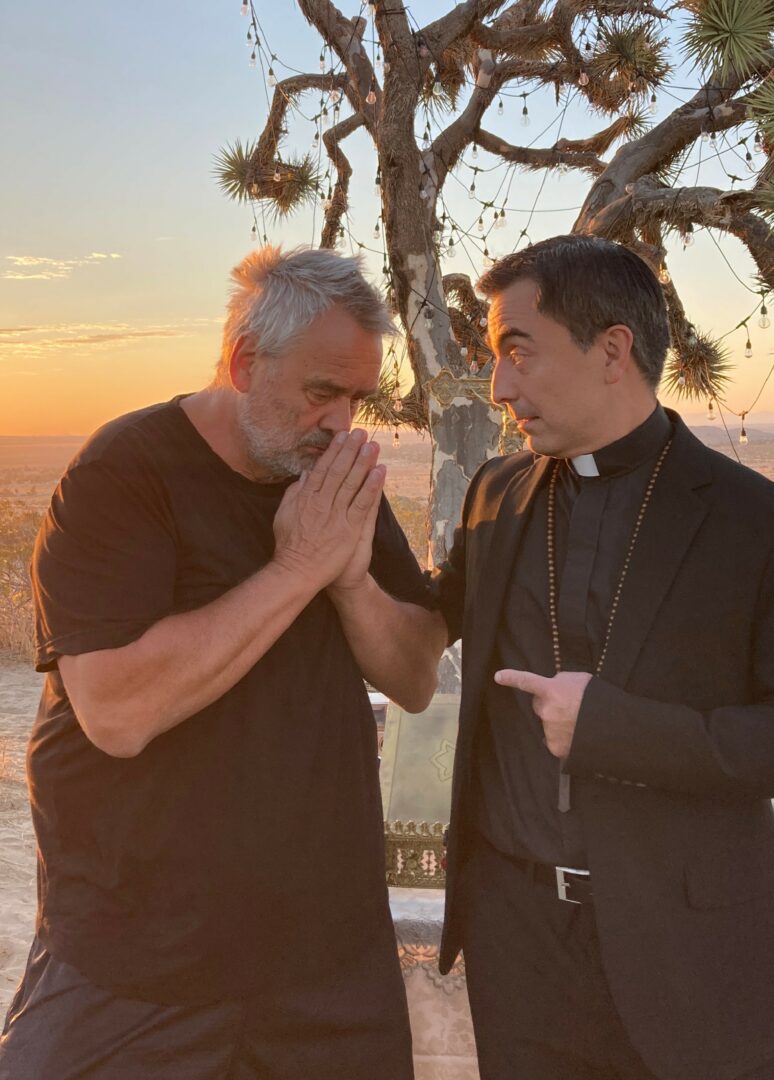
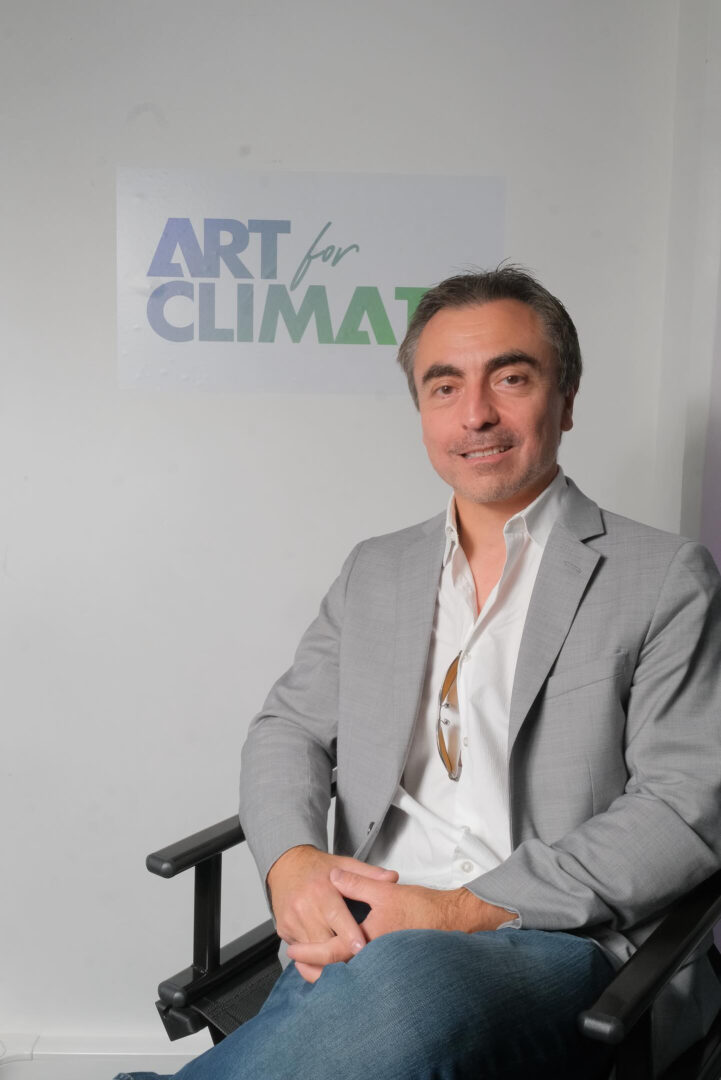
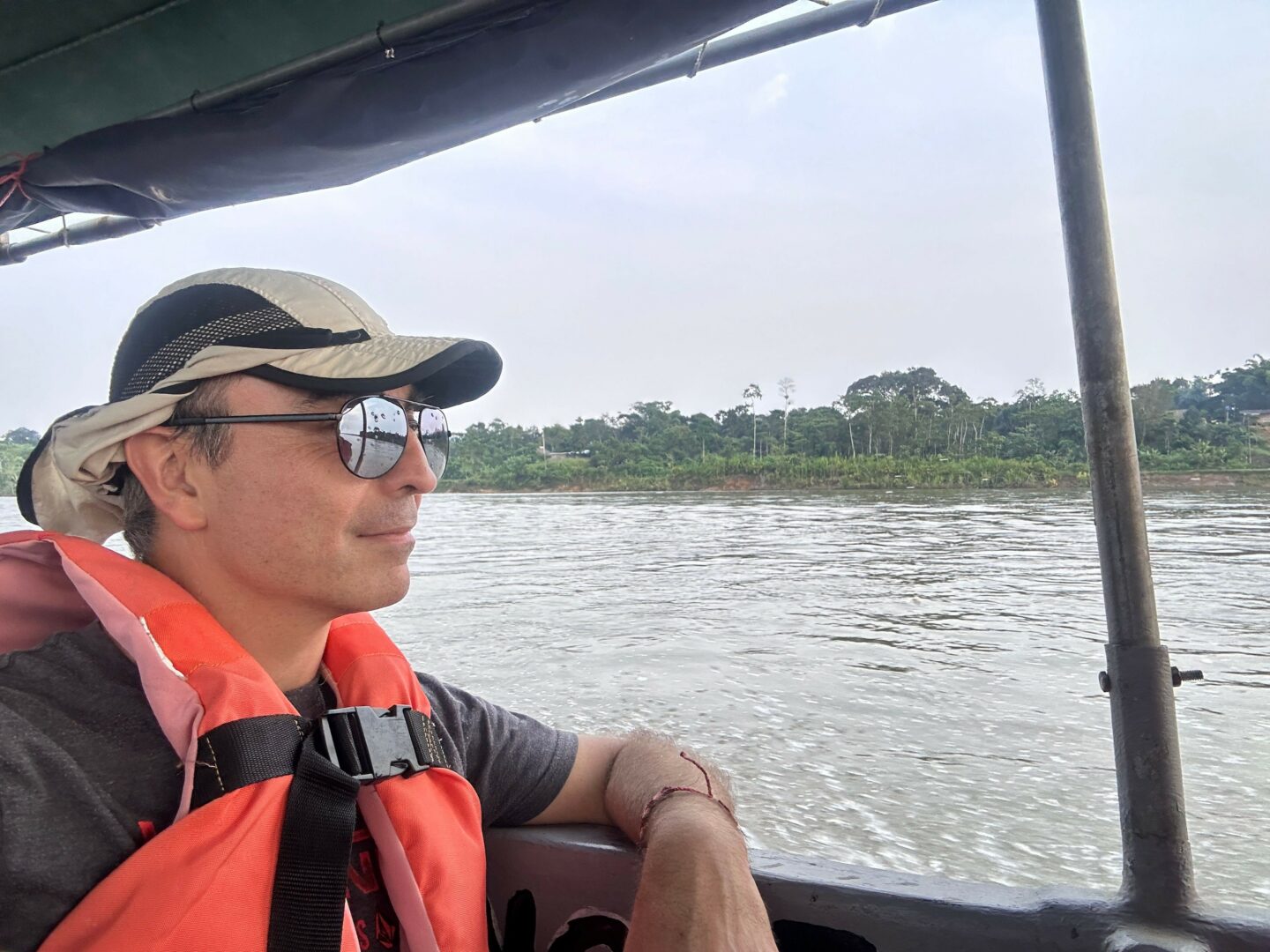
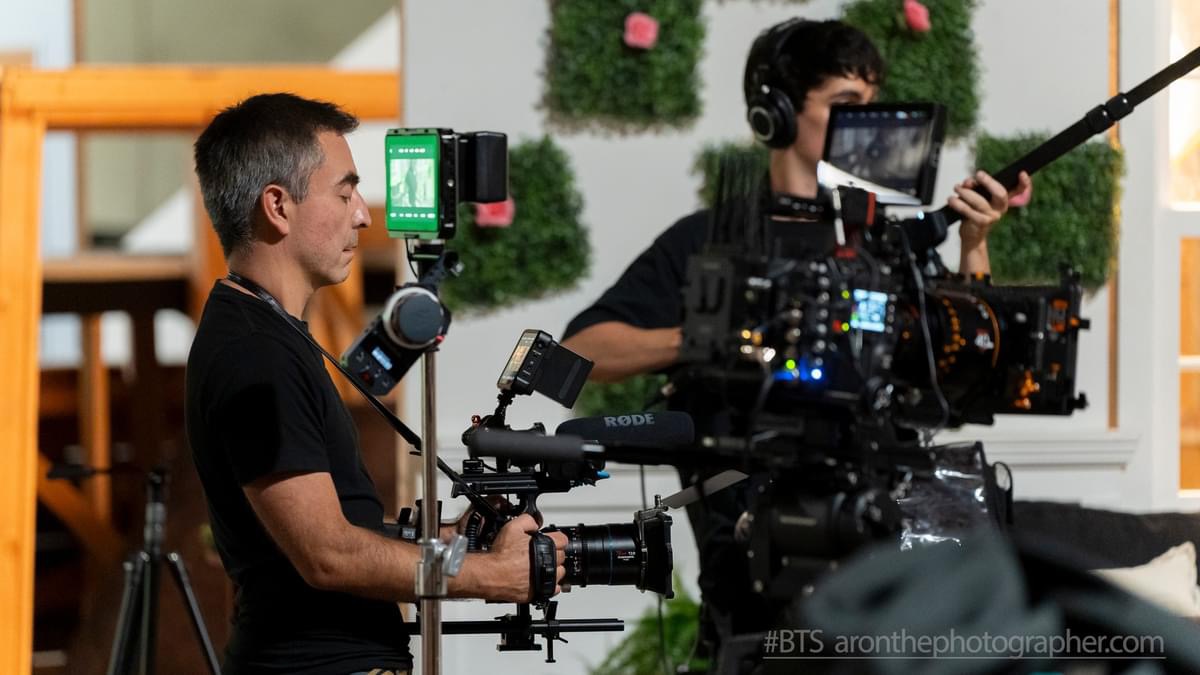
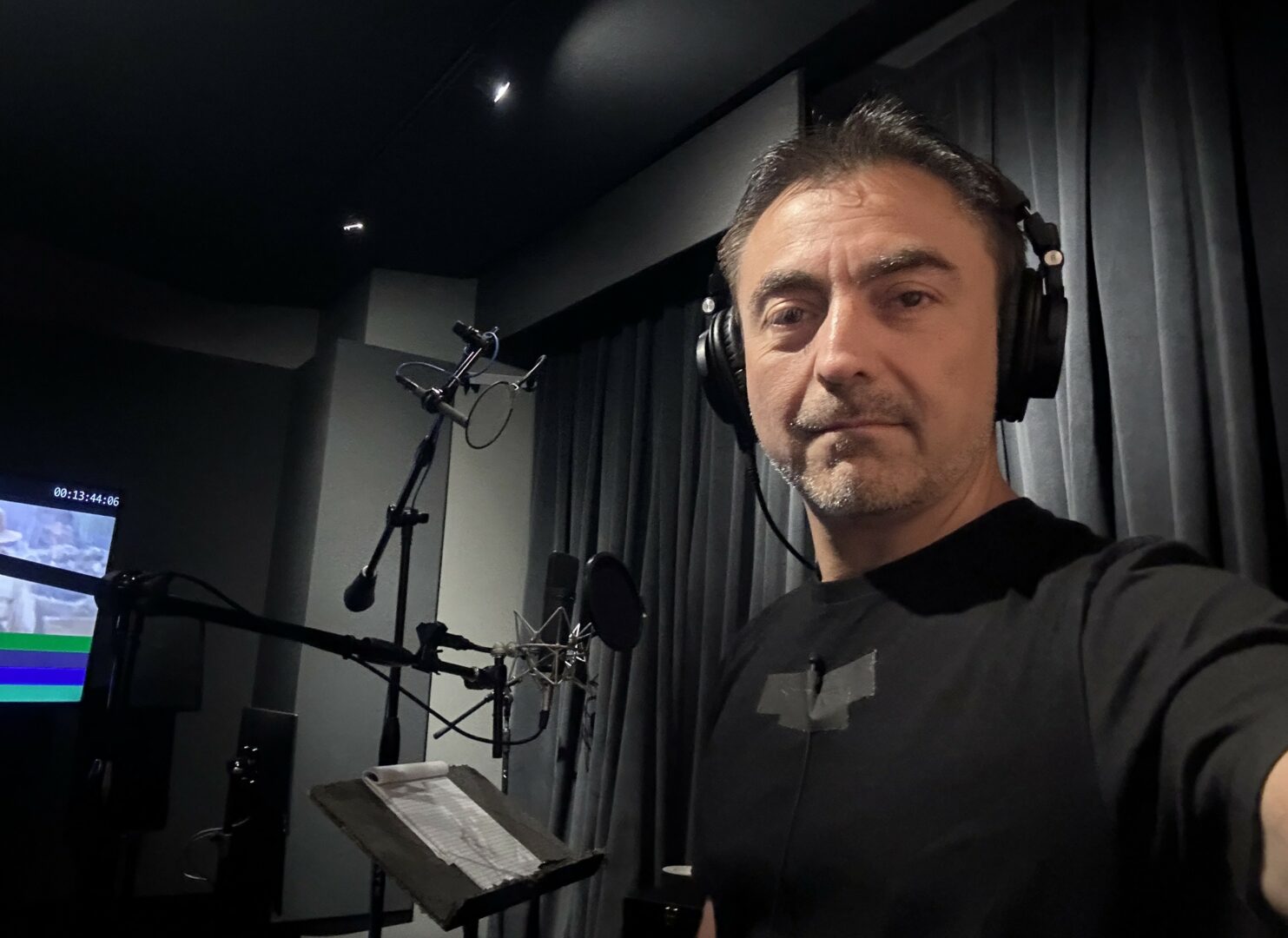
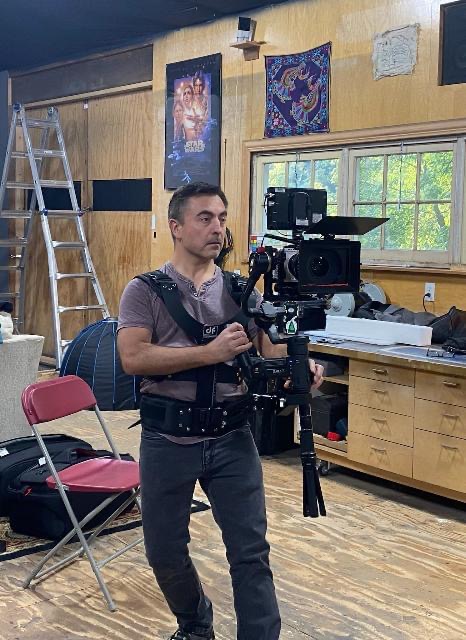
Image Credits
Pablo Goldberg
Maximiliano González
Aaron Osorio
Accerts Productions
John Ulman
Carlton Watson Wolfe
so if you or someone you know deserves recognition please let us know here.




